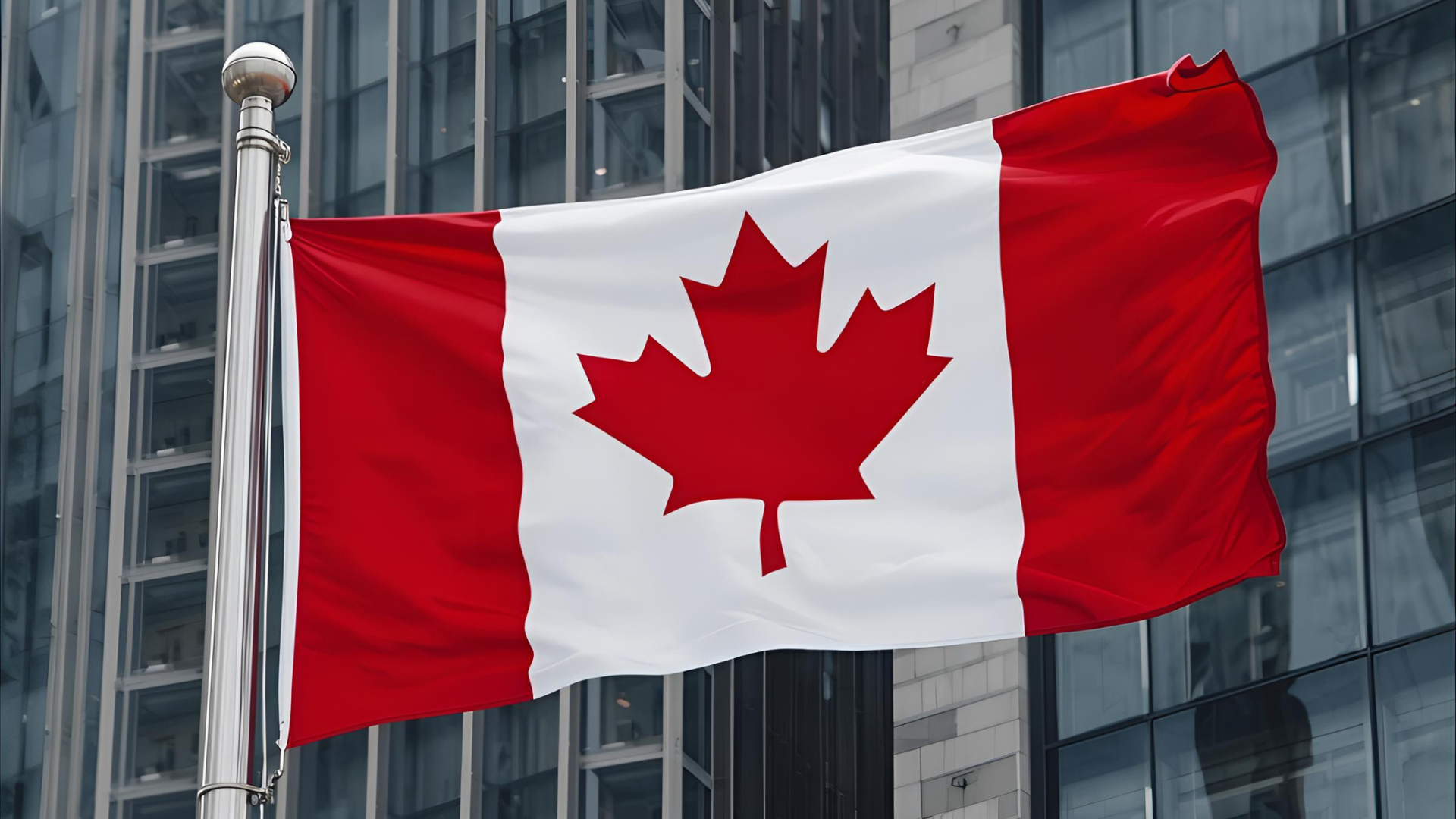IRCC Reveals Express Entry Invitation Schedule for 2025

Immigration, Refugees and Citizenship Canada (IRCC) has
outlined its plan for Express Entry draws for the rest of 2025. According to a
report obtained through an Access to Information Request (ATIP), the upcoming
months will see more focus on category-based draws for candidates in education,
healthcare and social services, and trades.
Express Entry and the Immigration Levels Plan
The current Express Entry schedule is designed to align
with Canada’s Immigration Levels Plan for 2025–2027. Most of the Invitations to
Apply (ITAs) issued in the second half of 2025 will support the 2026 targets.
Category-Based Draw Allocations
Category-based Express Entry draws were introduced in 2023
to target candidates with specific skills and work experience. The ATIP reveals
how many ITAs are planned for 2025 across different sectors:
|
Category |
ITAs Planned in 2025 |
ITAs Issued So Far |
ITAs Remaining |
|
Education |
3,000 |
1,000 |
2,000 |
|
Healthcare |
8,000 |
7,500 |
500 |
|
Trades |
3,300 |
0 |
3,300 |
This means that IRCC will hold multiple category-based
rounds in the last five months of 2025, especially for trades and education.
The six categories for 2025 include:
- Healthcare
and social services occupations
- STEM
occupations
- Trade
occupations
- Agriculture
and agri-food occupations
- Education
occupations
- French-language
proficiency
Focus on Francophone Immigration
The federal government is also working to increase
Francophone immigration outside Quebec. Between February and March 2025,
French-language draws issued 18,500 ITAs to help meet Canada’s target of 8.5%
French admissions for the year.
Another French-proficiency draw on August 8, 2025, issued
2,500 ITAs, which are expected to count toward the 2026 targets.
Coordination with Provinces and Territories
The report highlights that an ITA calendar will now be
shared with provinces and territories. This calendar will include a three-month
plan outlining expected draw weeks, draw types, and projected minimum scores.
The goal is to help provinces and territories better plan their nomination
programs.
What This Means for Applicants
For candidates in healthcare, education, and trades, the
second half of 2025 could bring new opportunities to receive an ITA. Those with
French-language proficiency may also benefit as Canada continues to prioritize
Francophone immigration.






